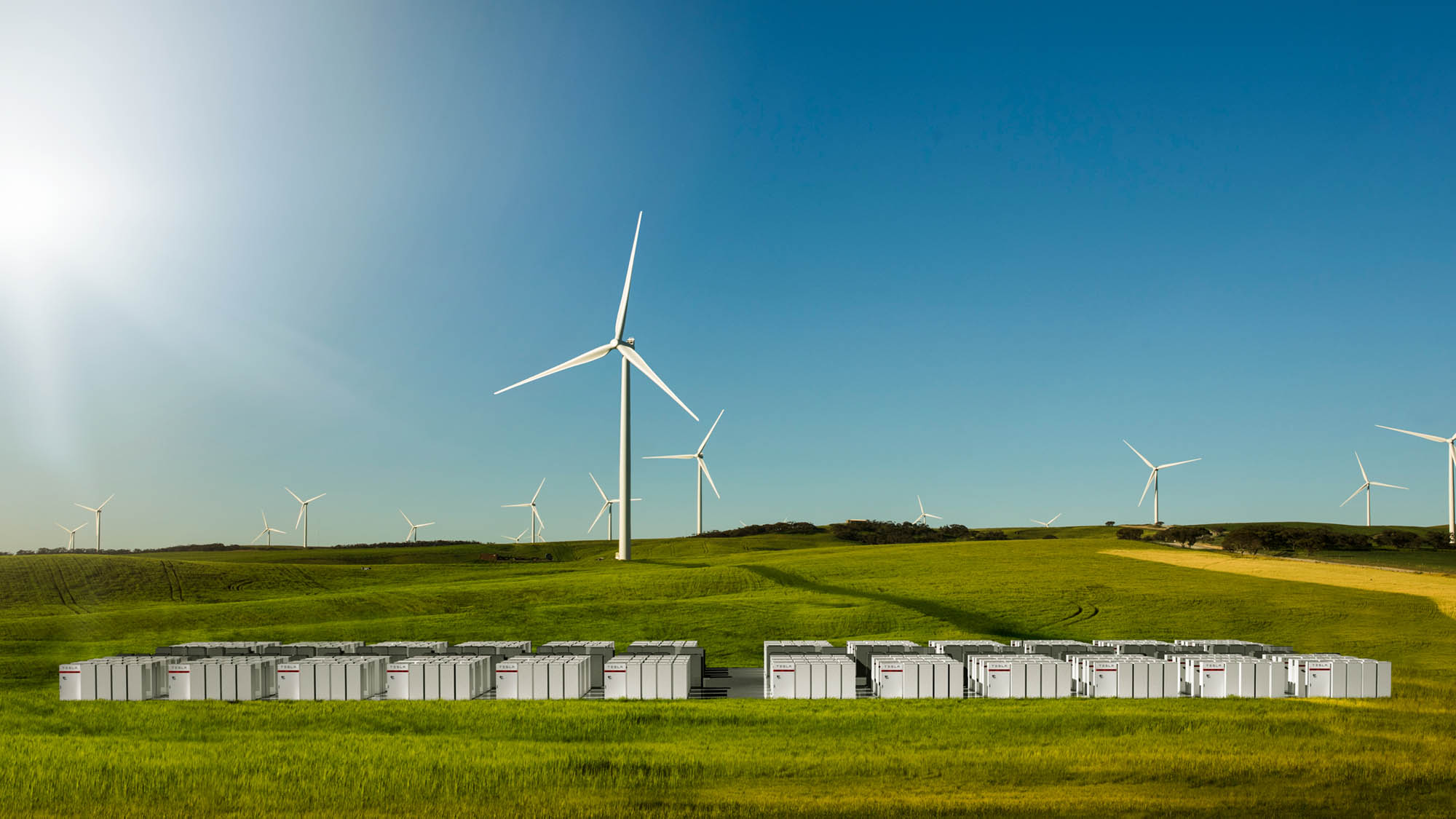You'd need the power of a fucking lighting bolt to top it up from flat, many EVs charge at 800 volts and I imagine could go as high as 100 amps, so 800KW/hr might be possible. For such a big EV perhaps two charge ports could be used. I know that thick steel is welded at much lower volts and amps, so not frying charging connectors could be an issue!
I think charge time will always exceed refueling times, but much charging can be done from home overnight for most EV's. Perhaps fast food and other road restaurants could get into the charging business too, eat while the car is topped up. Gas stations will disappear and charging points are where people might be spending a bit of time, so they will probably have ways of sucking money out of people charging EVs, some might have a park etc. These places will be more human oases than traditional gas station, designed to serve human needs and desires, as well as charge your EV in 15 minutes to an hour. EV's have far fewer moving parts and far fewer mechanics will eventually be required and there will be no fluids other than some brake and power steering fluid.


